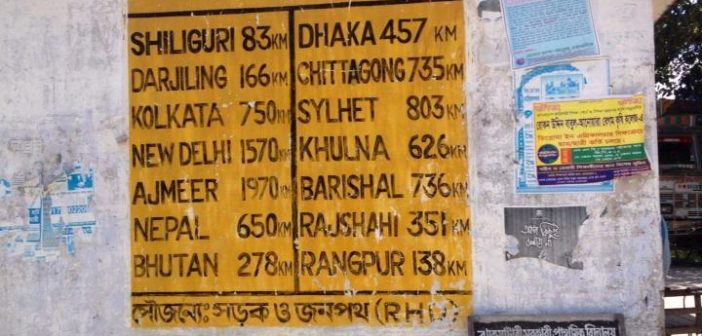In light of mounting security challenges and geopolitical tensions, experts are advocating for India to bolster its efforts in sealing its international borders. With a myriad of threats ranging from terrorism to illegal immigration, the need for stricter border control measures has become increasingly apparent.
According to data from the Ministry of Home Affairs, India shares its borders with seven countries: Pakistan, China, Nepal, Bhutan, Bangladesh, Myanmar, and Afghanistan. These borders span over 15,000 kilometers, presenting a considerable challenge in terms of monitoring and securing against illicit activities.
One of the primary concerns driving the call for enhanced border security is the persistent threat of terrorism. India has been a target of numerous terrorist attacks, many of which have been linked to infiltrators crossing the porous borders. The 2008 Mumbai attacks, which claimed the lives of over 160 people, serve as a stark reminder of the vulnerability posed by unsecured borders.
Furthermore, illegal immigration has emerged as a pressing issue, particularly along the Indo-Bangladesh border. Reports indicate that a significant number of undocumented immigrants enter India through this porous border, straining local resources and posing socio-economic challenges.
Statistics from the Border Security Force (BSF) reveal a steady increase in the number of apprehensions made along the borders in recent years. In 2023 alone, the BSF apprehended over 50,000 individuals attempting to cross the borders illegally, underscoring the magnitude of the problem.
The need for a comprehensive approach to border security cannot be overstated. In addition to deploying more personnel and implementing advanced surveillance technologies, experts emphasize the importance of strengthening diplomatic ties with neighboring countries to foster cooperation in combating cross-border threats.
India’s relations with neighboring countries have often been marred by tensions and disputes over territorial issues. However, there is a growing consensus among policymakers that addressing common security concerns should take precedence over bilateral differences.
In recent years, the Indian government has taken steps to enhance border infrastructure and surveillance capabilities. The implementation of smart fencing technology along vulnerable stretches of the border has shown promising results in curbing illegal activities.
However, experts stress that more needs to be done to achieve comprehensive border security. This includes investing in training and capacity building for border security personnel, as well as enhancing intelligence-sharing mechanisms to preempt potential threats.
The need for sealing international borders goes beyond just security concerns; it also has implications for India’s economic interests. Smuggling of goods and narcotics across the borders not only undermines the rule of law but also deprives the country of much-needed revenue.
Addressing these challenges requires a multi-faceted approach that involves collaboration between various stakeholders, including law enforcement agencies, intelligence services, and local communities residing along the borders.
As India continues to assert itself on the global stage, securing its borders becomes imperative for safeguarding national interests and maintaining regional stability. Failure to address vulnerabilities along the borders could have far-reaching consequences, jeopardizing the country’s security and prosperity.
In conclusion, the call for India to seal its international borders reflects a recognition of the evolving security landscape and the need to adapt accordingly. By prioritizing border security measures, India can mitigate threats posed by terrorism, illegal immigration, and smuggling, while also fostering greater regional cooperation and stability.






